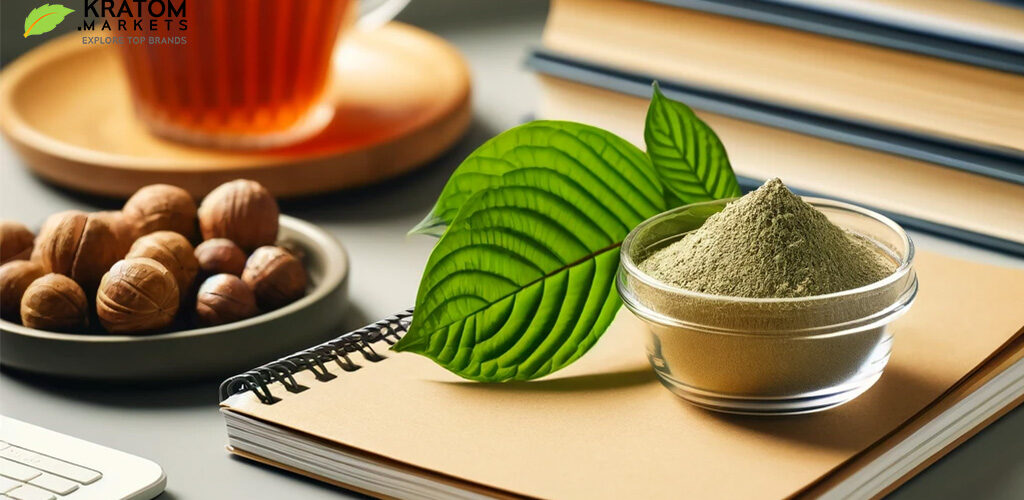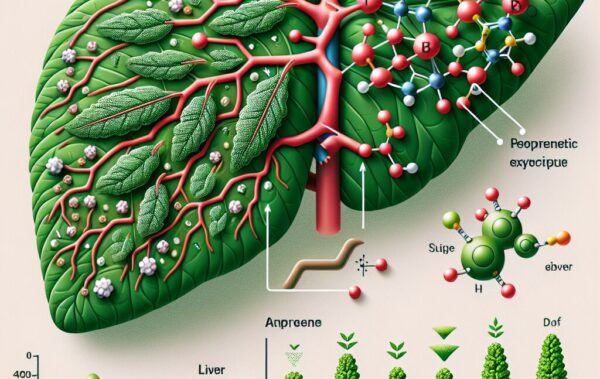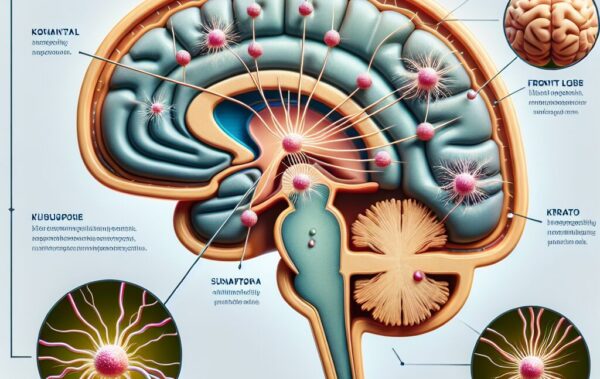Although commonly associated with pain relief, the nootropic properties of kratom are supported by the alkaloids present in its leaves, specifically mitragynine and 7-hydroxymitragynine. These substances interact with brain receptors affecting neurotransmitter functions, potentially improving the neural mechanisms that underpin cognition. A nuanced understanding of these processes reveals how kratom can complement daily mental tasks, making it a potentially valuable addition to a cognitive-enhancement regimen.
Green vein strains strike a balance between the two, offering mild energy boosts and enhanced mental clarity without significant stimulation or sedation. This versatility makes green vein kratom a favorite among those seeking to enhance their cognitive capabilities in a balanced manner.
Understanding these distinctions is crucial for anyone considering kratom as a nootropic. Proper strain selection can maximize the specific cognitive benefits desired, whether that’s sharpening mental acuity during a long workday or fostering creative problem-solving.
| Product Type | Beneficial Effects |
|---|---|
| Kratom Powder | Provides versatile usage options, from brewing tea to mixing with smoothies, offering controlled dosage and effectiveness depending on strain. |
| Kratom Capsules | Easy to consume with consistent dosage, preferred by users for convenience and discretion. |
| Kratom Extracts and Tinctures | Highly concentrated, fast-acting forms of kratom, ideal for those needing quick and potent effects. |
For those seeking an extra boost, especially before workouts or intensive cognitive tasks, kratom-infused pre-workout products can offer both mental and physical stimulation. One notable product tailored for such needs is the kratom extract pre-workout capsules, which are designed to provide sustained energy and heightened focus throughout demanding activities.
Furthermore, understanding how different strains like White Vein Maeng Da and Green Malay kratom powders affect cognitive function is crucial. These strains are often celebrated for their stimulating effects, enhancing alertness, and improving concentration, making them suitable choices for those looking to optimize their mental performance.
By carefully selecting the right type and strain of kratom, users can effectively harness its nootropic benefits, tailoring their usage to match specific cognitive enhancement goals.
- Always start with the lowest effective dose to assess tolerance.
- Gradually increase the dosage if necessary, monitoring effects on cognitive and physical health.
- Consult healthcare professionals, especially if combining kratom with other nootropics or medications.
- Keep a usage log to track effects and optimize dosing.
The versatility of kratom as a cognitive enhancer is notable—ranging from mild stimulant properties to significant mood improvement, each user’s experience can be quite personal. Experimentation with different strains and dosages, under professional advisement, will help determine the most beneficial approach tailored to individual goals and physiological responses.
For those integrating kratom into their cognitive regimen, the journey is both experimental and educational. Emphasizing safety, efficacy, and sustainability in use will not only ensure that kratom remains a viable option but also contribute to a broader understanding and acceptance of its role within the nootropic community. By approaching kratom with a blend of scientific curiosity and pragmatic application, users can unlock potentially transformative cognitive benefits. This responsible approach will support both personal wellness goals and the wider acceptance of kratom as a respected component in the toolkit of cognitive enhancement.
This comprehensive discussion aims to equip you with a foundational understanding, practical tips, and proactive strategies for using kratom effectively and safely in the pursuit of enhanced cognitive function.









